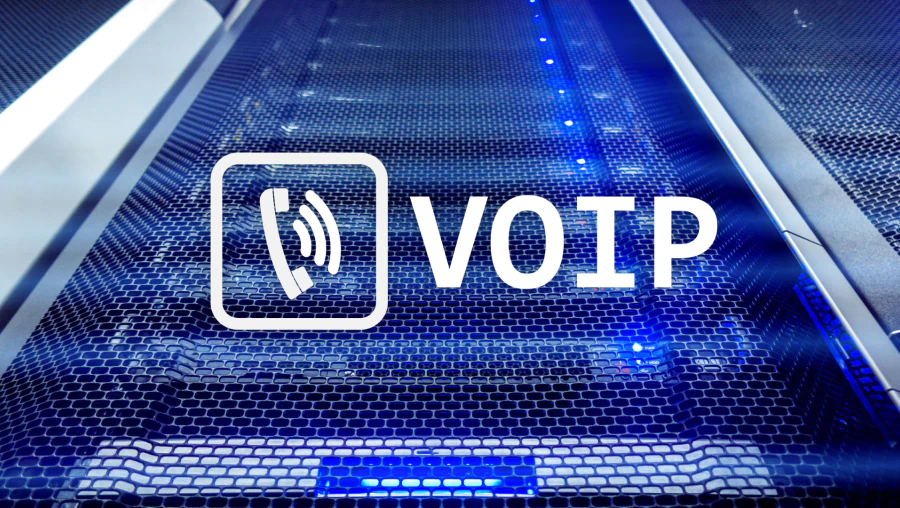Your Business, Secured
No traditional phone call system in a business beats VoIP for efficiency and flexibility. However, it is not resistant to cyberattacks. We want to share with you some tips for securing your VoIP.
Securing Your Business’s VoIP System: Essential Tips and Best Practices
In today’s fast-paced business world, maintaining high-quality communication is essential for success. One of the most popular modern communication systems is Voice Over Internet Protocol (VoIP), which allows employees to make voice calls using only their internet connection.
While VoIP offers several benefits, including lower operating costs, greater convenience, increased accessibility, and higher scalability, it’s not without its risks. VoIP systems are vulnerable to cyberattacks, making it crucial to implement robust security measures.

Common VoIP Security Issues
VoIP systems rely on a stable internet connection to function properly, which makes them susceptible to a variety of security threats. Here are some of the most frequent issues:
SECURITY ISSUE #1: DENIAL OF SERVICE
Denial of Service (DoS) attacks aim to shut down a machine or network, rendering it inaccessible. VoIP users may experience lower call quality, uptime issues, and latency.
SECURITY ISSUE #2: WAR DIALLING
War dialing allows hackers to scan phone networks, control a company’s PBX system, and connect to modems and extensions.
SECURITY ISSUE #3: TOLL FRAUD
Toll fraud involves malicious actors using a company’s VoIP system to make expensive calls, such as dialing international numbers, leading to high toll charges.
SECURITY ISSUE #4: PHISHING
Phishing attacks deceive individuals into revealing sensitive information, such as passwords, banking data, or network access credentials.
SECURITY ISSUE #5: MALWARE
Malware attacks occur when malicious software is installed through emails or calls, allowing hackers to infiltrate your network and steal critical data.
SECURITY ISSUE #6: CALL INTERCEPTION
Call interception occurs when hackers use unsecured networks to intercept VoIP traffic, redirecting calls or eavesdropping on conversations.
6 Tips for Boosting VoIP Security
Here are six tips to improve your VoIP security:
TIP #1: SET UP A FIREWALL
Firewalls are essential for securing VoIP systems. They scan incoming and outgoing data to identify and block potential threats while allowing legitimate traffic.
TIP #2: USE STRONG PASSWORDS
Secure your VoIP system with strong passwords, using at least 12 characters that include numbers, upper- and lower-case letters, and special symbols. Change default passwords immediately.
TIP #3: RESTRICT CALLING
To prevent toll fraud, restrict international calls if they’re not necessary for your business. Block high-cost numbers, like 1900 numbers, to avoid unexpected charges.
TIP #4: ENCOURAGE YOUR TEAM TO REPORT SUSPICIOUS BEHAVIOR
Educate your team to identify unusual network activity and report it. Train staff periodically on securing passwords, handling network activities, and recognizing phishing attempts.
TIP #5: DEACTIVATE WEB INTERFACE USE
If possible, deactivate the web interface used for your VoIP system. The HTTP interface creates a security vulnerability, allowing hackers to access your company’s data.
TIP #6: USE A VPN FOR REMOTE EMPLOYEES
VPNs encrypt your communication, ensuring your remote employees can securely access your network without compromising call quality.
Regaining Control Over Your VoIP Security
VoIP systems provide several advantages over traditional landlines, but they also come with unique security risks. If you’ve recently implemented a VoIP system or are planning to do so, securing it should be your number one priority.
By following the above tips, you can safeguard your system from toll fraud, malware, phishing, and other threats. If you need assistance implementing these changes or would like to discuss VoIP system implementation, reach out today for a short discovery call.